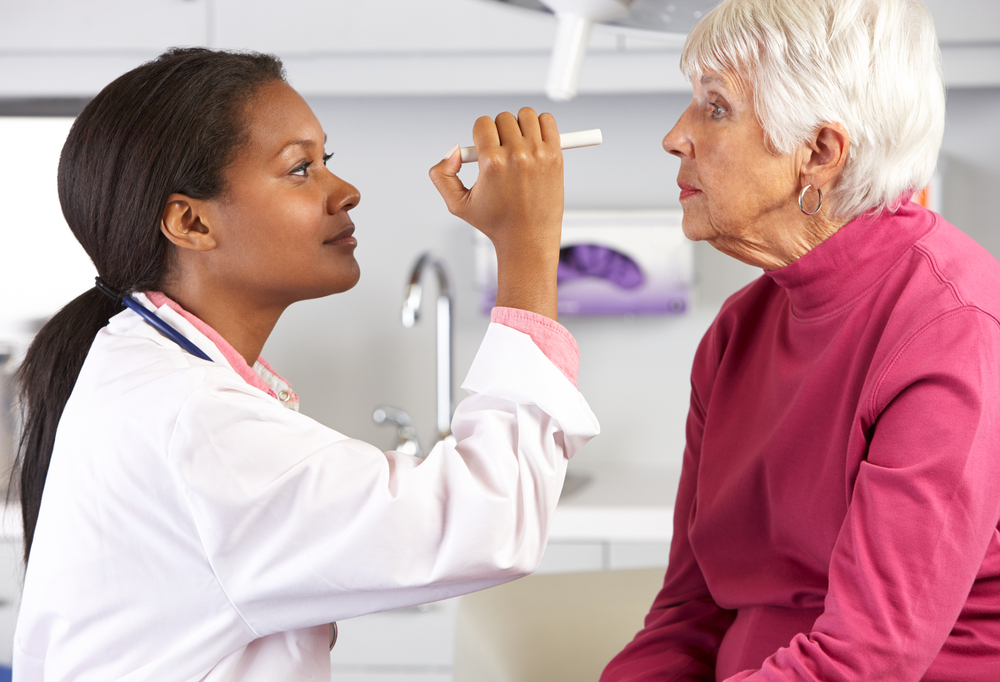When to See a Doctor After a Car Accident
One of the first things you should do after reporting your accident to the police and finishing your duties at the accident scene is to seek medical attention. According to the Centers for Disease Control and Prevention, an average of three million people in the U.S. are injured every year in car accidents. Following a collision, it is important for you to see a doctor to assess any potential injuries and promptly treat them. There are also legal reasons why it’s imperative that you visit a doctor promptly.
Legal Claim Issues
Some people wait to see a doctor because they do not believe that they have suffered serious injuries. You might believe that you can simply go home and rest in the hope that you will feel better the next day. However, failing to see a doctor immediately after a car crash can make it difficult for you to recover compensation for your accident-related losses. Insurance companies go through specific processes for determining compensation in accident claims that factor in data about your injuries and accident.
One data point the insurance companies factor in is whether you sought medical attention within a reasonable time following your accident. In most cases, an insurance company will want to see that you sought medical care within 72 hours of your collision. If you do not see a doctor within this time, the value of your claim might be significantly reduced. The insurance company might try to blame your injuries on a different event to avoid paying your medical expenses. Waiting to see a doctor will make it much more difficult for you to prove your claim and recover full compensation for your losses.
If your doctor can schedule you within 72 hours, and you do not want to go to the hospital, consider seeking care at an urgent care clinic. You can also go to a chiropractor for an examination within that time frame.
Delayed Symptoms
Some types of injuries in a collision are immediately obvious, including lacerations and fractures. By contrast, others might have delayed symptoms. If you do not immediately notice symptoms after a crash, that is not a good reason to avoid seeing a doctor. You might be seriously injured and not notice symptoms for several hours or days following a crash, making it important for you to seek immediate medical care. Some examples of serious injuries that might have delayed or initially unnoticed symptoms include the following:
- Concussions/traumatic brain injuries
- Soft tissue injuries
- Internal bleeding
Concussions and traumatic brain injuries happen when the brain strikes the bones of the skull and suffers trauma. Since most people are disoriented after a crash, they might not realize that they are experiencing the symptoms of a traumatic brain injury or concussion. Some of the symptoms of a concussion include the following:
- Headache
- Confusion
- Seeing stars
- Ringing in the ears
- Dizziness
- Nausea
- Balance problems
- Loss of consciousness
Experiencing any of these symptoms should prompt you to see a doctor immediately for an evaluation. If a traumatic brain injury is not promptly treated, it can worsen and cause further damage.
Soft tissue injuries also sometimes do not immediately show symptoms. These are injuries that cause damage to the ligaments, tendons, and muscles and can result in chronic pain, a loss of your range of motion, chronic headaches, and other problems if they are not treated. Whiplash injuries are common types of soft tissue injuries that can happen in collisions and that might not evince symptoms for several days. If you see your doctor after a crash and subsequently experience discomfort or pain, you should return for another appointment to address any soft tissue injuries you might have.
Internal bleeding is a potentially life-threatening problem. You might have suffered damage to an internal organ and not immediately realize it if you did not suffer any breaks to your skin. If you suffered any blows to your abdomen in a collision, you should go to the hospital to make sure that you did not damage your organs and are not bleeding internally.
_____
So, if you’re wondering when to see a doctor after a car accident, the answer is right away. Seeing a doctor promptly can help you receive a proper diagnosis of any injuries and get the care that you need to recover faster. Doing so can also preserve your ability to recover compensation in an insurance claim.
If the accident was caused by someone else, your next step after getting medical care is to speak to an injury attorney at the Law Offices of Bryan Musgrave. Contact us today for a free consultation by calling 417-322-2222 or sending us a message online.

